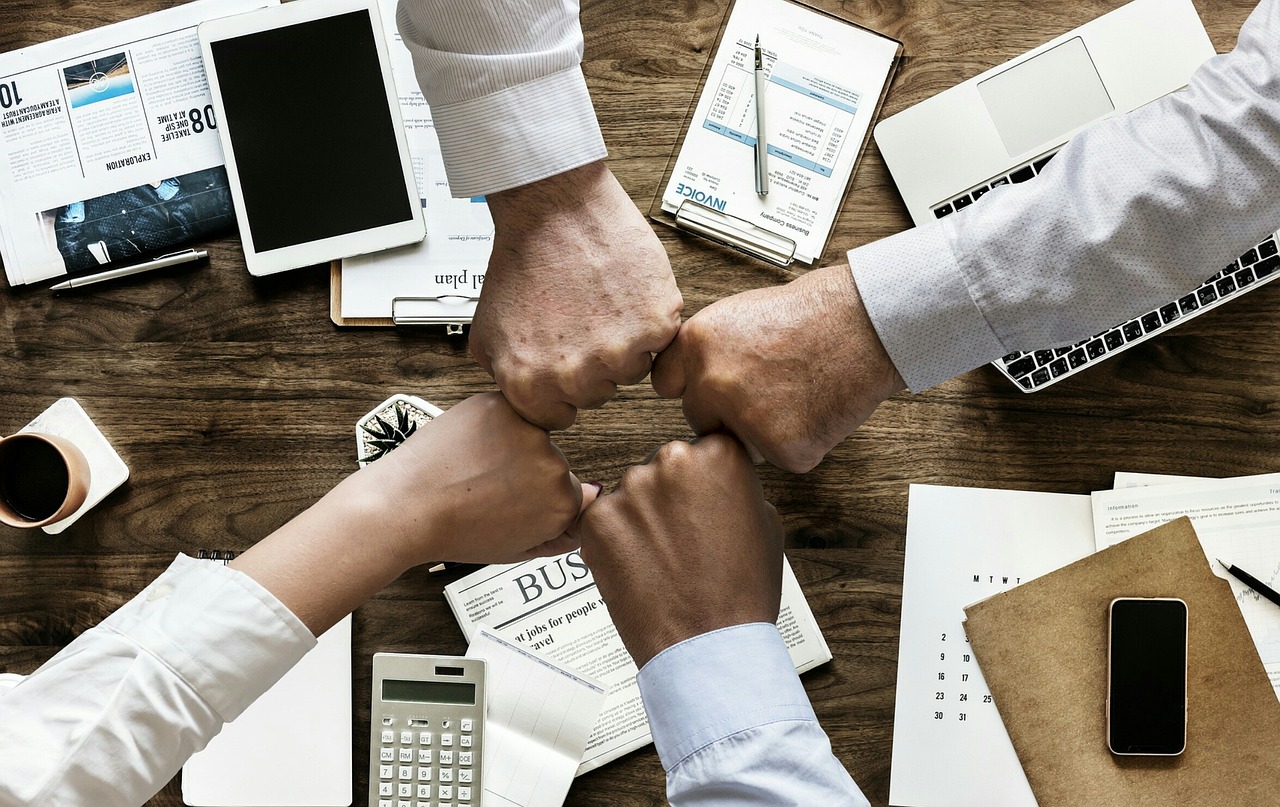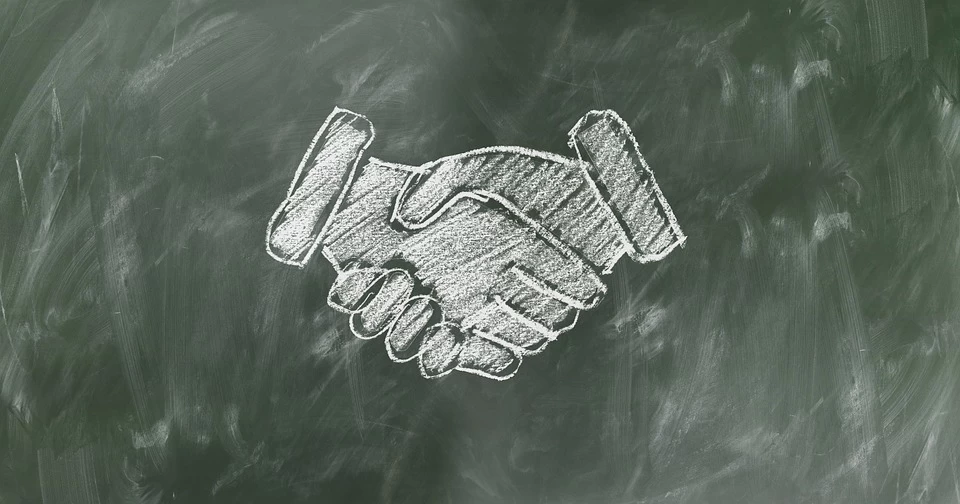When it comes to winning teams, what seems more important: good teamwork or good team relationships? You may be thinking, “They go hand in hand, of course!” But that may not necessarily be the case.
In all facets of life, including business, there are bound to be two teammates who do not get along. Yet, they CAN still be successful. When you focus solely on good teamwork, you can be a winning team. The job can get done, and success can be achieved as long as professionalism and courtesy exist. If your goal is for the team to work together for a long time, then good relationships among your teammates are essential. If personal feelings are preventing the job from getting done, then eventually, appropriate intervention may be necessary.
The Importance of Teamwork in the Office
Teamwork is a cornerstone of success in the modern workplace, playing a pivotal role in achieving organizational goals and fostering a positive work culture. The tasks of the modern workplace often demand collaboration and the pooling of diverse skills and perspectives. In
Teamwork in the workplace can achieve the following:
- Enhanced problem solving by tapping into the collective intelligence that results from individuals on the team each bringing their unique strengths to the table.
- An innovative, creative, and dynamic work environment nurtured by team members with different backgrounds contributing varied insights to the group.
- A sense of unity and shared responsibility, which contribute to increased employee satisfaction and morale.
A cohesive team is better equipped to navigate challenges, adapt to changes, and overcome obstacles. The mutual support within a team creates a supportive atmosphere where individuals feel valued and connected to a common purpose. This sense of camaraderie fosters a positive work culture, leading to higher employee engagement and retention.
Ultimately, recognizing and prioritizing the importance of teamwork not only enhances productivity and efficiency but also contributes to a more harmonious and fulfilling work environment.
The Impact of Building Team Relationships at Work
While having good teamwork in the office is important, it’s equally important to have strong team relationships between employees. According to a Gallup poll, 23% of people worldwide are engaged in their jobs. While that is less than a quarter of all employees, there is good news; at organizations implementing engagement best practices, 72% of employees are engaged with their work. That sharp uptick that comes with engagement best practices shows us how nurturing real camaraderie in the workplace can make all the difference.
American Time Use Survey says that employed persons spend an average of 8.2 hours working or in work-related activities. Having strong relationships where you spend at least half of your waking hours makes a difference. With that being said, you can have great relationships but lack adequacy as a team. Relationships don’t always equal practicality and efficiency.
Building Team Relationships and Teamwork in the Office
Team relationships and teamwork are both vital to achieving ideal team dynamics. It’s important to understand the value they both hold separately, then strive to find that sweet spot in the middle, using contextual discernment when necessary. Not all team-oriented situations are the same, so trying to level your perspective based on the context is valuable. These are two seemingly blended concepts that, when separated, make for a great opportunity to learn and improve teams, success, the workplace, and individuals.
How to Strengthen Your Workplace Team Dynamics
Team-building events serve as invaluable tools in fostering teamwork and strengthening relationships within a group. Events like Speed Networking provide a structured yet informal setting where team members can engage in collaborative activities, promoting communication, trust, and mutual understanding. By participating in challenges or exercises outside the typical work environment, individuals have the opportunity to showcase their unique skills and talents, fostering a deeper appreciation for the diverse strengths within the team. Programs like Competition to Collaboration® highlight the positive impacts of organizational synergy, both in sharing best practices and celebrating colleagues’ successes.
Additionally, team-building events often require problem-solving and decision-making, allowing team members to learn how to work together effectively under pressure. For example, Bridge to the Future teams work together to build an actual bridge that has the strength to support the weight of the entire group, where each section of the bridge is an artistic representation of their organization’s future mission and goals. Beyond the immediate benefits of enhanced cooperation, these events contribute to a positive team culture by creating shared experiences and memories.
Ultimately, team-building events play a crucial role in breaking down barriers, building rapport, and solidifying the bonds that are essential for a cohesive and successful team.
Contact Best Corporate Events to find the perfect program that will encourage teamwork and team relationships in your workplace.






